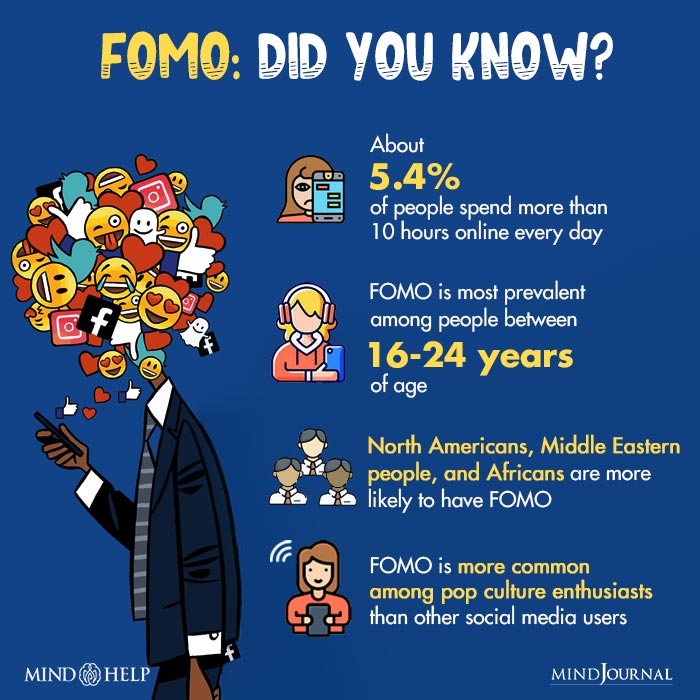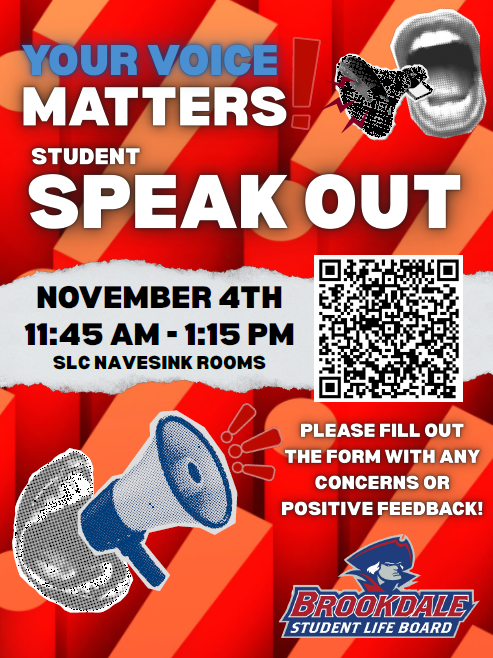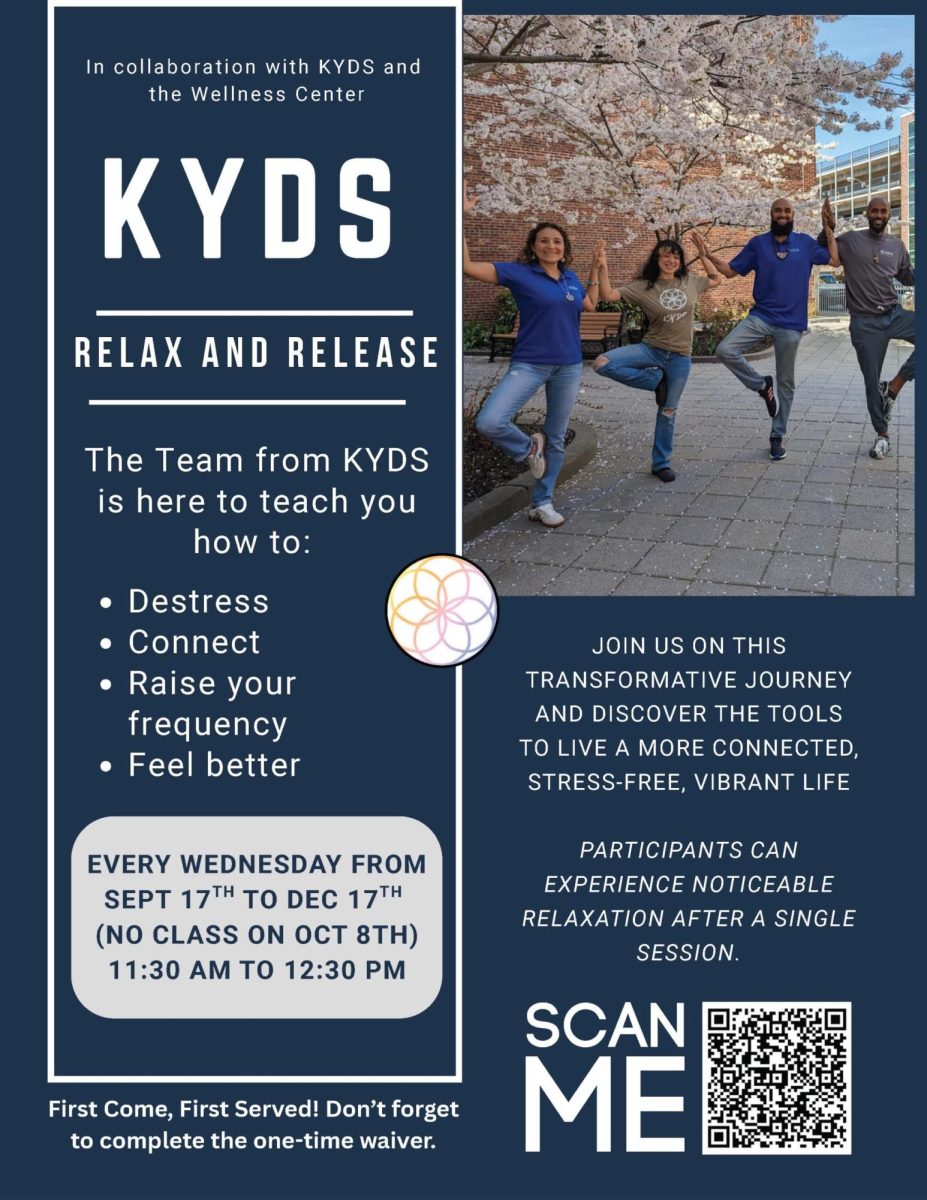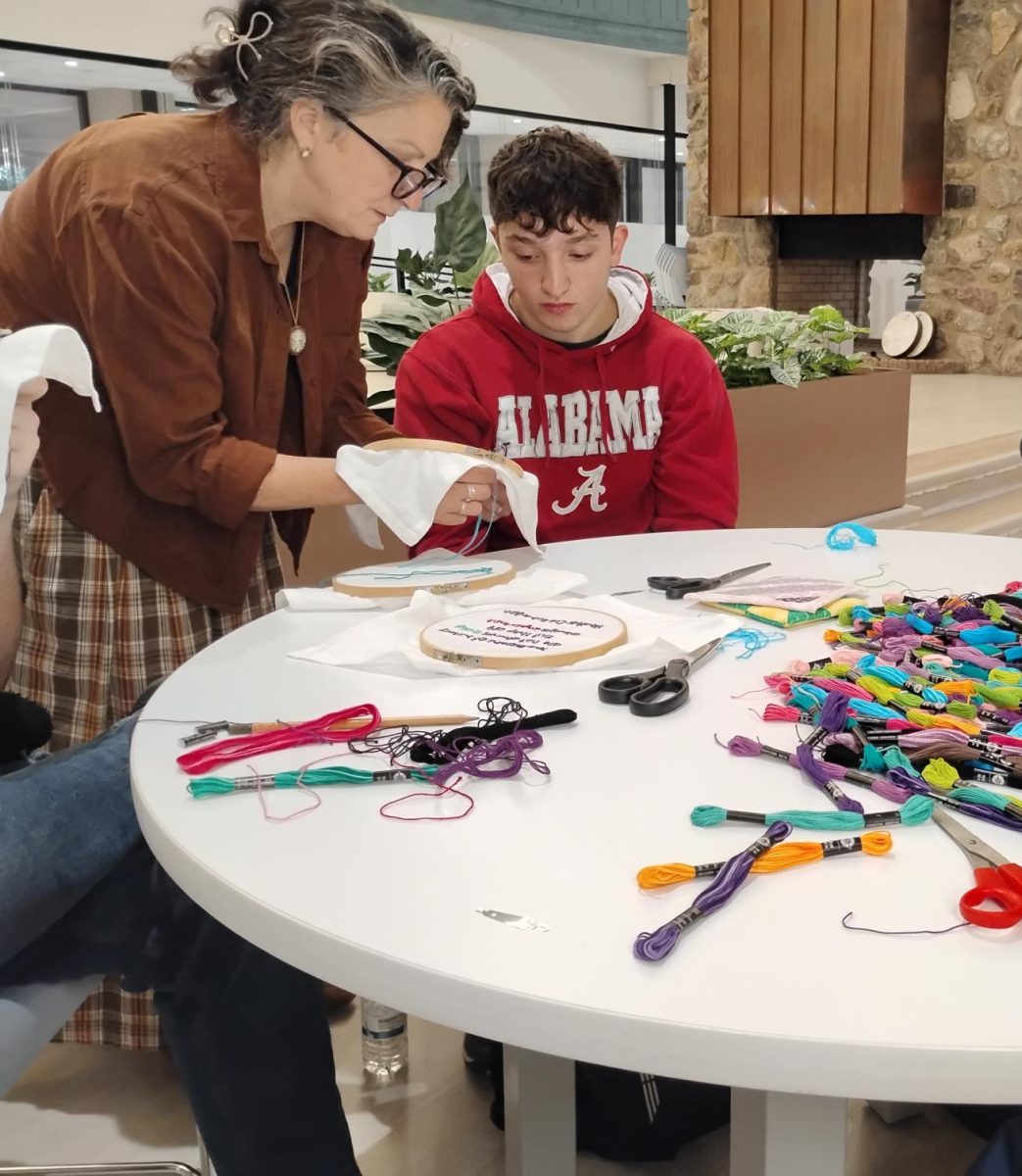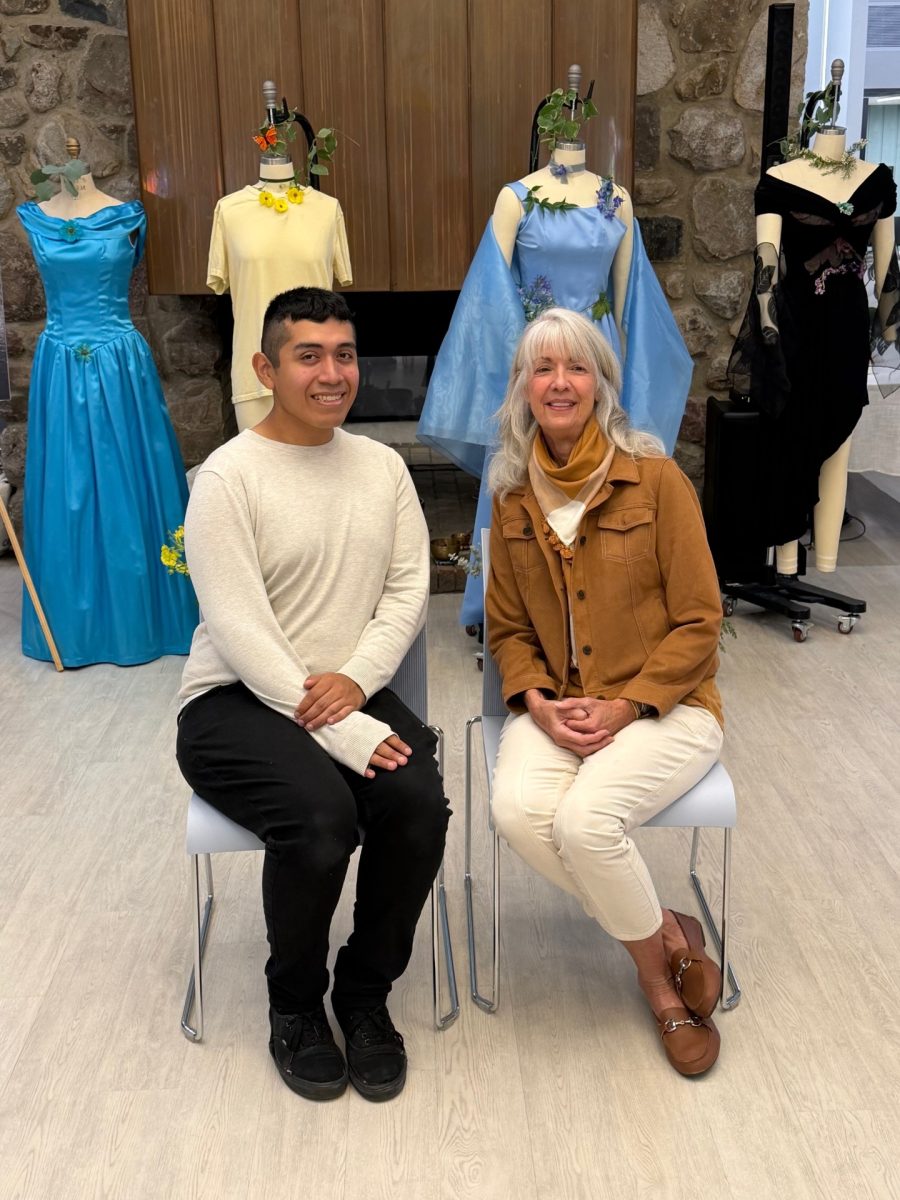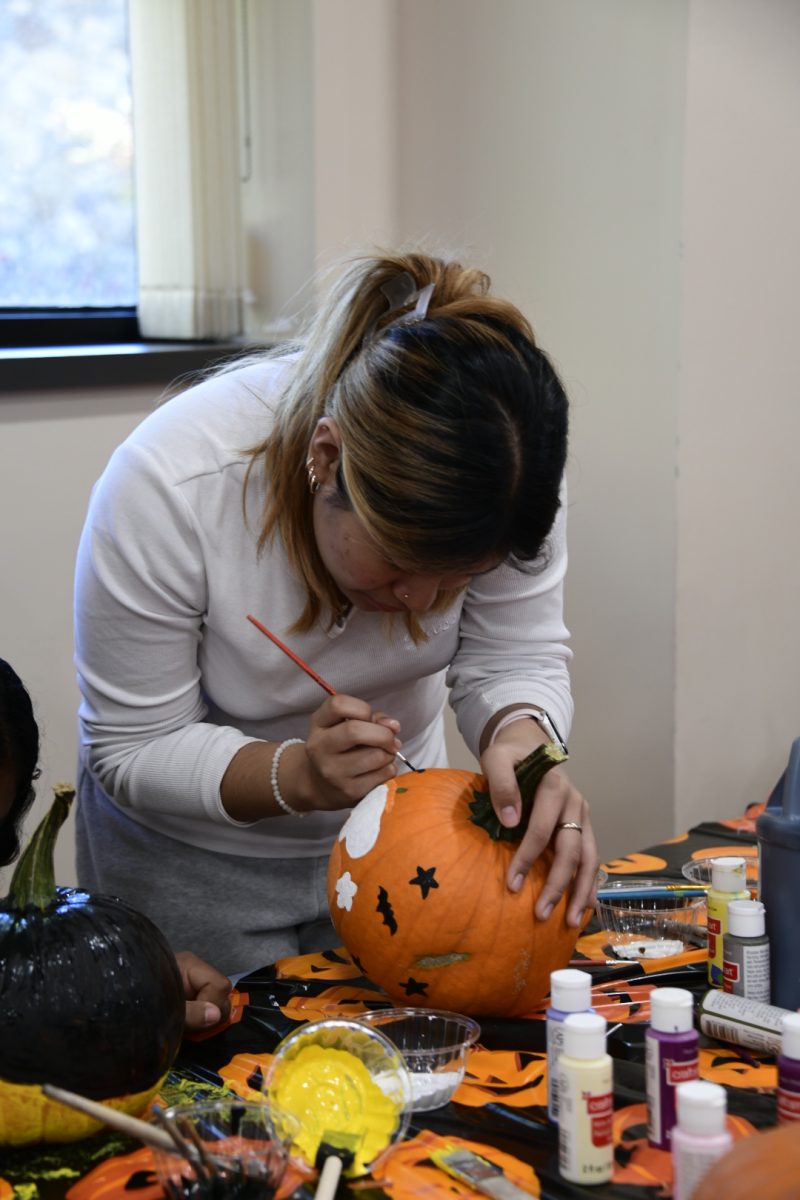Have you heard of the Permian extinction?
According to scientists, a series of volcanic eruptions in Siberia filled the air with CO2 about 252 million years ago. This carbon dioxide dissolved in oceans increasing their acidity and leaving marine life with no oxygen to breathe. These events killed 96 percent of all marine life and gave the Permian extinction the name “The Great Dying.”
These ancient happenings should be a warning sign for those alive today. With CO2 increasing, it’s hard to not be worried about its effects. With oceans already acidifying and global temperatures rising. Where can hope be found?
The U.S. has achieved some progress, on the White House environmental accomplishments are listed and include: powering 10 million homes on clean energy, putting 3 million electric cars on the road, the first commercial scale offshore wind project, and the first commercial flight fully powered by sustainable aviation fuel, and U.S. steel and cement companies committing to reaching net-zero emissions by no later than 2050.
But environmental science Professor Tim Macaluso says the U.S. isn’t doing enough to stop climate change. “We are still subsidizing fossil fuels. We don’t have enough wind and solar energy, and the electrical infrastructure needs to be modernized. That would be a start, much more needs to be done.”
“Yes, reducing CO2 emissions will be inconvenient and expensive,” Macaluso said. “But the effects of large-scale global climate change due to global warming would be much more inconvenient and expensive.”
On the same White House page, listed sustainable goals include: reducing U.S. greenhouse gas emissions 50-52 percent below 2005 levels in 2030, 100 percent carbon pollution-free electricity by 2035, achieving a net-zero emissions economy by 2050, and providing 40 percent of the benefits from federal investments in climate and clean energy to disadvantaged communities.
On the global level the United Nations has taken on some initiatives like phasing out fossil fuels by 2050 and tripling renewable energy and double its efficiency by 2030. One hundred countries pledged to reduce super-polluting methane emissions by 30 percent from 2020 levels by 2030.
Macaluso expresses his view on U.N. initiatives. He notes that the U.N. has done some great research on climate change but ultimately, the organization is limited when it comes to action. “I think the UN is doing a decent job, especially the IPCC (Intergovernmental Panel on Climate Change), which has some great information on the problems we’re facing globally. But the U.N. has little or no authority, so all they can do is make suggestions, so their hands are tied.”
The U.N. also has a Green Climate Fund created to help developing countries transition to cleaner energies. At the UN Climate Change Conference it was reported that this fund has $12.8 billion.
When asked the best ways someone can help the environment, Macaluso said, “Individually we can reduce, reuse, and recycle. We can do our best to limit our fossil fuel consumption as much as possible, including plastics.”
“North Americans emit more CO2 per capita than anyone else in the world,” he said. “A lot of that is coming from energy companies, so reducing electrical consumption will also reduce CO2 emissions.”
Do Brookdale students have hope?
“I feel like a lot of strides were made, so I am hopeful,” said Michael Spalluto, a 19-year-old criminal justice major. “I think we’re doing better, in my opinion. We know a lot more about it.”
Emelia Stedman, 27, a journalism major said “Yes, I am hopeful. I believe in the people. I think we see what’s going on and people want change to protect their health and the environment. More people are supporting better public transportation; people want bike lanes, and bigger sidewalks.”
Michael Gross, 21, a nursing major, said he’s hopeful but he doesn’t know much about the problem. “ I just hope we can figure out one perfect solution, which allows the world to survive off of gas-less means, and to remove most, if not all, carbon admissions in our ozone layer.”
“I’m nervous about the outcome but I’m not that well educated about it,” said Riannon Lua, an 18-year-old English major.
Categories:
Want To Fight Climate Change: Reduce, Reuse, Recycle
Jessica Lacalamito, Editor
February 8, 2024

0
More to Discover




